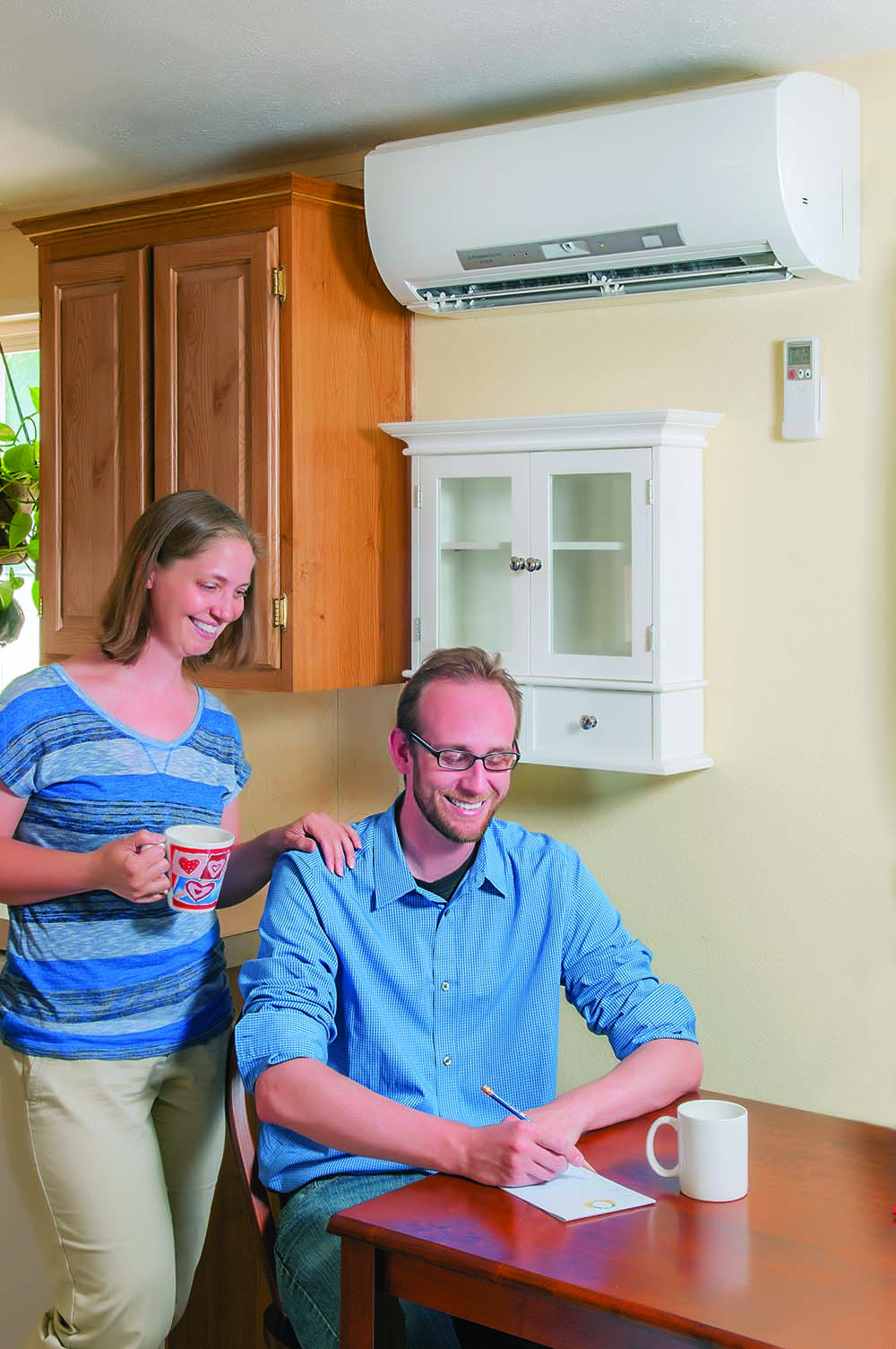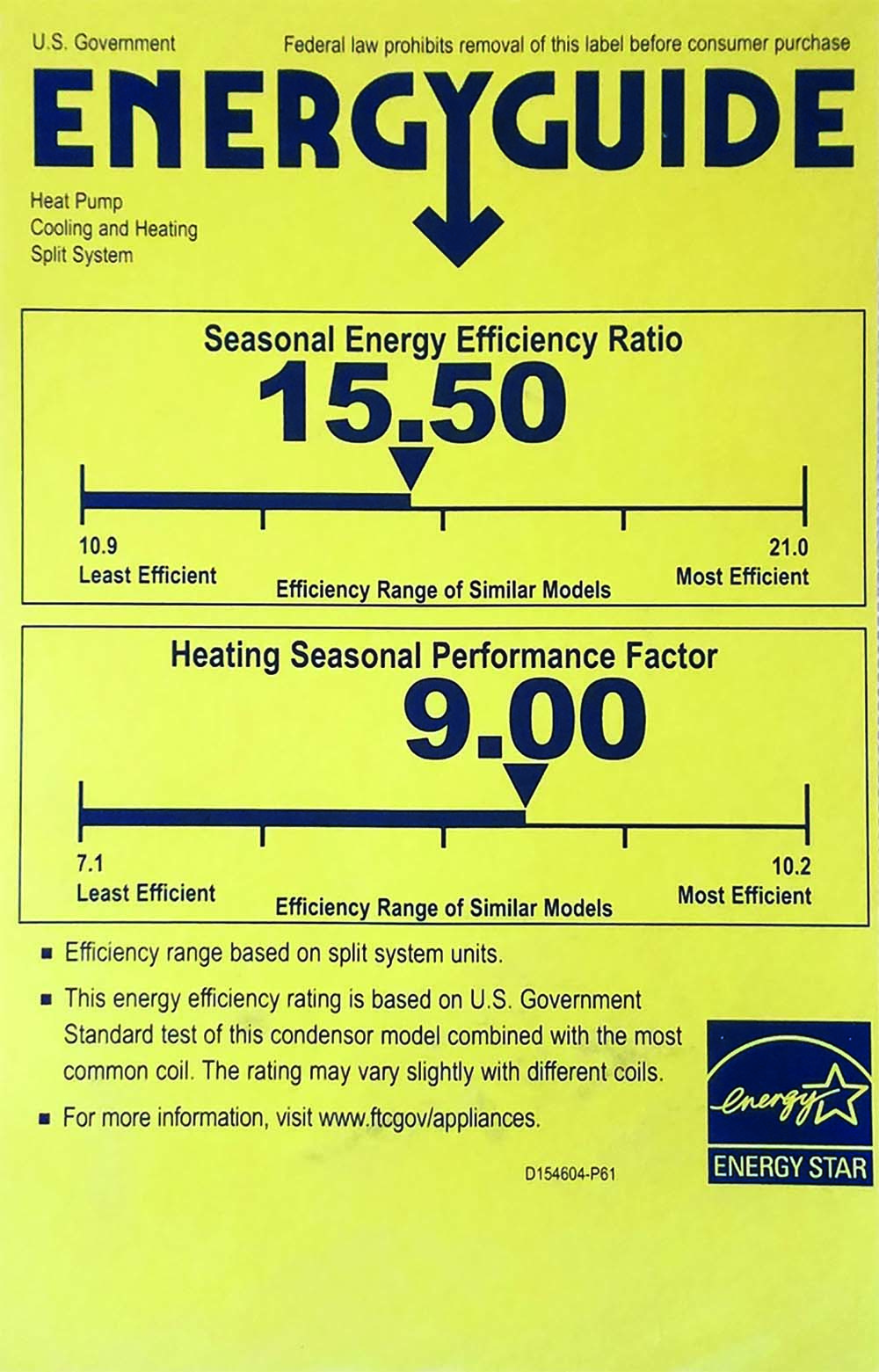Home heating options
By Pat Keegan and Brad Thiessen

Q: I have high energy bills, especially during the winter. My home is heated with a 20-year-old propane furnace. To make matters worse, I’ve also been paying the expenses on my mother’s home, which is heated with electric baseboards and wall heaters. Should I upgrade to a different kind of system?
A: You’re really getting the double whammy, especially if you live in a cold climate. Fortunately, you have a few potential solutions.
A good first step, before making major changes to the heating system, is to look at the area you are heating. The amount of heated space and the efficiency of that space determine how large of a heating system you’ll need. Air leaks and inadequate insulation might be a major cause of higher bills, and correcting these problems might enable you to install a smaller heating system. An energy audit will provide the answers you need and give you an idea of how much you can save from weatherization measures and a more efficient heating system. Contact your local electric cooperative first to see if they offer energy audits or if they can recommend an auditor.
Let’s talk about heating systems. Propane furnaces are expected to last 15 to 25 years, but if yours has been well-maintained, you may get more mileage out of it. Even if your furnace is still running well and has some life left in it, it may not be efficient. Propane, gas and oil furnace efficiency is measured by the Average Fuel Utilization Efficiency, or AFUE. This is indicated on a label which may still be attached to the furnace. Your 20-year-old unit might have an AFUE in the 70 to 80 percent range. A new high-efficiency furnace can have an AFUE rating of over 95 percent, which can reduce the portion of your propane bill that goes toward heating by 15 to 20 percent. The AFUE doesn’t account for any heat escaping through poorly-insulated or improperly-sealed pipes or furnace ducts, so you definitely want those issues taken care of first.

Photo courtesy Pat Keegan
Instead of replacing your old propane furnace with a new one, you have two additional options. You could install an air source heat pump, which would use your existing duct work, or a mini-split heat pump, which can heat up to four rooms. In the past decade, the efficiency of heat pumps has greatly improved, even to the point where they are solid options even in colder climates.
It’s not surprising that your mother’s electric bill is high. This is common for inefficient homes that rely on resistance heat using wall heaters, portable heaters or baseboard heaters.
Your mother’s home probably doesn’t have ductwork, which makes the installation of a central heat pump very expensive. Instead, I suggest getting a quote on a ductless mini-split heat pump. They are efficient for heating and cooling, so if your mother uses a window A/C unit (or two), she can save even more money. Mini-splits are usually installed to heat and cool the largest, most used area of a home. Your mother can continue to use baseboard heaters in the rooms she doesn’t use as often. As efficient as the mini-splits are, they might not provide enough heat in a prolonged, extreme cold snap, so leaving a few baseboard heaters connected is a good idea.
Heating system upgrades have a big effect on comfort and the pocketbook for many years. Scheduling an energy audit and considering all your options gives you the best chance at making the right decisions. Good luck, and stay warm!
This column was co-written by Pat Keegan and Brad Thiessen of Collaborative Efficiency. For more information on heating options, please visit: www.collaborativeefficiency.com/energytips.
Patrick Keegan writes on consumer and cooperative affairs for the National Rural Electric Cooperative Association, the Arlington, Va.-based service arm of the nation’s 900-plus consumer-owned, not-for-profit electric cooperatives. Write to [email protected] for more information.




